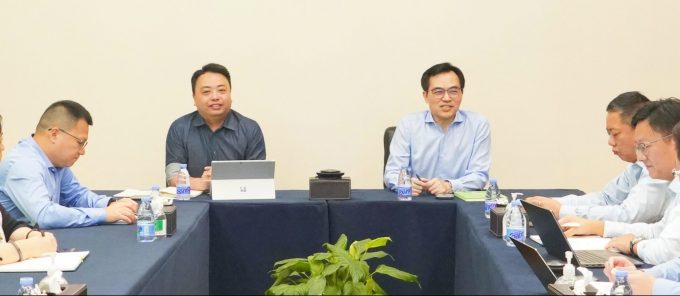Chinese newcomer STF Shipping launches Russian services
Recently incorporated STF Shipping has started operations, joining other Russia-focused operators, despite the downward pressure ...

China United Lines has dispelled talk that its chairman and co-CEO, Raymond Chen Honghui, has been detained, with photos of him at a management meeting on Tuesday.
Talk that all was not well with the company started when Mr Chen disappeared from public view more than a month ago, with rumours that he had been detained.
That coincided with CULines retreating entirely from long-haul routes – its Asia-Mediterranean service had its last sailing on 15 July.
CULines was among the opportunistic regional operators ...
Asia-USEC shippers to lose 42% capacity in a surge of blanked sailings
USTR fees will lead to 'complete destabilisation' of container shipping alliances
New USTR port fees threaten shipping and global supply chains, says Cosco
Outlook for container shipping 'more uncertain now than at the onset of Covid'
Transpac container service closures mount
DHL Express suspends non-de minimis B2C parcels to US consumers
Zim ordered to pay Samsung $3.7m for 'wrongful' D&D charges
Flexport lawsuit an 'undifferentiated mass of gibberish', claims Freightmate

Comment on this article